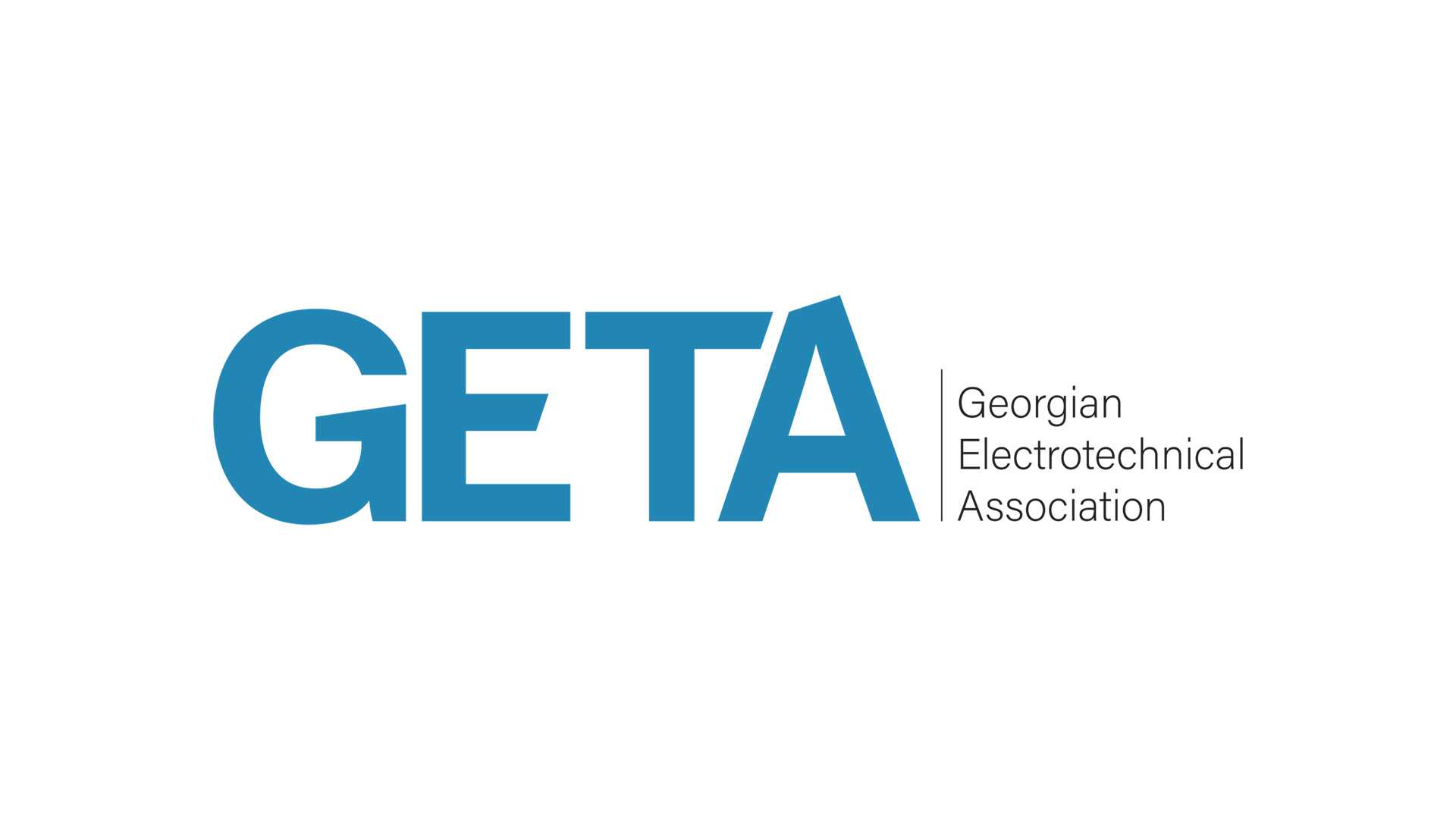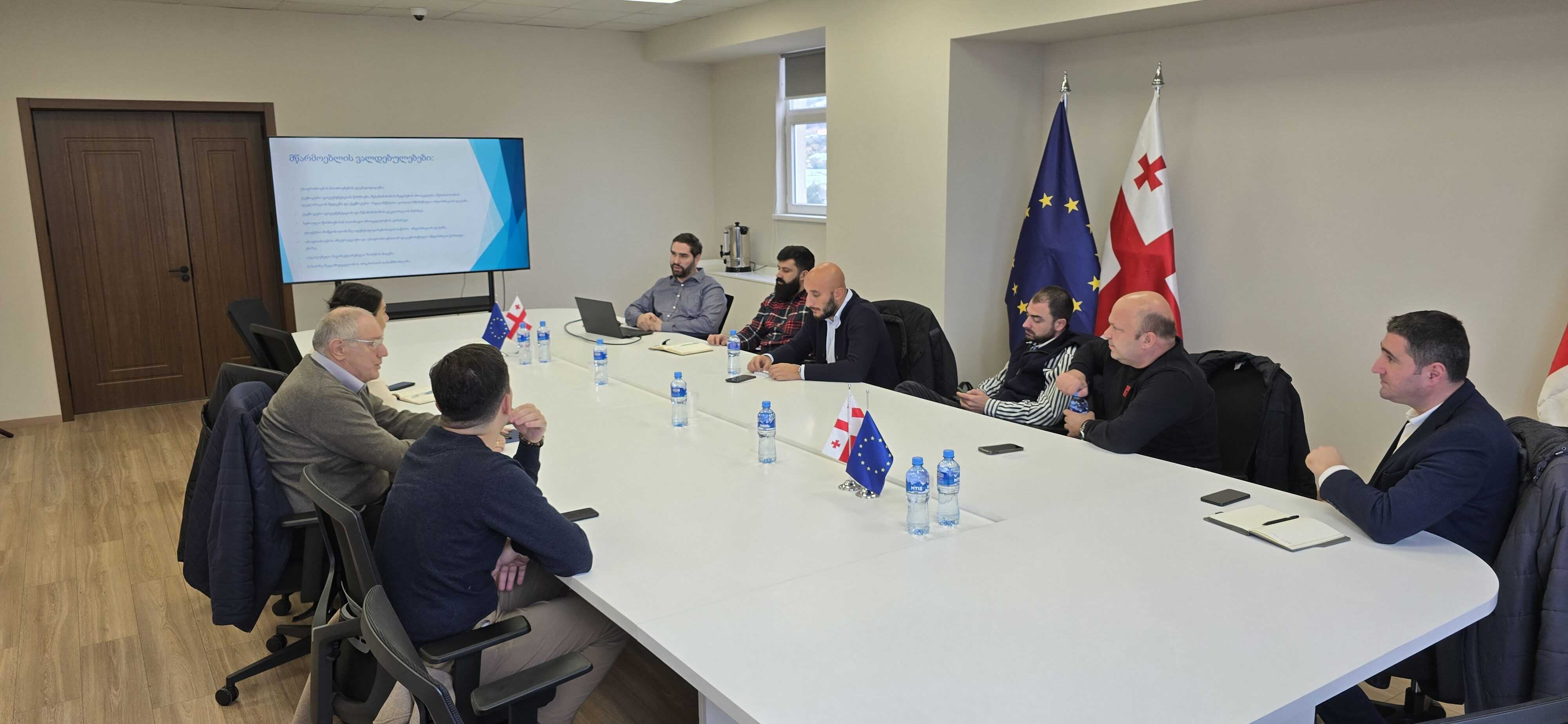The recent emergence of the Georgian Electrotechnical Association (GETA) comes at an opportune time. As the state begins planning new regulations around certifying companies, workers, and quality control in the electrical installation business, consistent communication and coordination between government decision-makers and industry players is more vital than ever. In this article, I aim to emphasize why an open partnership will lead to the most constructive, accountable, and ultimately advantageous policies for further developing Georgia’s electrotechnical sector.
The concept of founding the GETA arose spontaneously when representatives from three electrical installation companies met at an exhibition and realized many of the key challenges they faced were nearly identical. After some thought, the root cause became clear – there were no uniform, modern standards for electrical installation work in Georgia. Without consistent regulations or oversight mechanisms, companies and workers in the field operated with little accountability.
We recognized the need for a new association or similar entity that could serve as an intermediator between the state and private sector. Such an organization could bring together companies, individuals and experts to represent their interests and enable sustainable development in this field. This is how the concept of establishing the GETA emerged.
Regulations from the state are critical to managing high-risk sectors like electrical engineering. However, for the industry to progress appropriately, existing rules must be well-conceived and aligned with the national interest. A responsible regulatory body must have the right perspective and communication channels with private sector players to inform their approach. A knowledgeable, competent and robust private electrotechnical industry is also critical for advancing the field.
Roughly six months after founding the GEA, we learned the state had begun planning new regulations around certifying companies and workers in the electrical installation business, along with a control body to oversee their work. Unfortunately, members only heard about this legislative change by chance on a media program, rather than through direct engagement. After investigating further, it turned out licensing was being considered.
This lack of communication, and potential consequences from policy changes made without industry input and careful analysis, are deeply concerning. I aim to emphasize these issues to encourage the state to work more closely with the GETA on future electrotechnical regulations and standards. By partnering together, government and private sector stakeholders can develop a robust, accountable, and rapidly advancing industry that serves Georgia’s interests for decades to come.
Nikoloz Gamkrelidze






